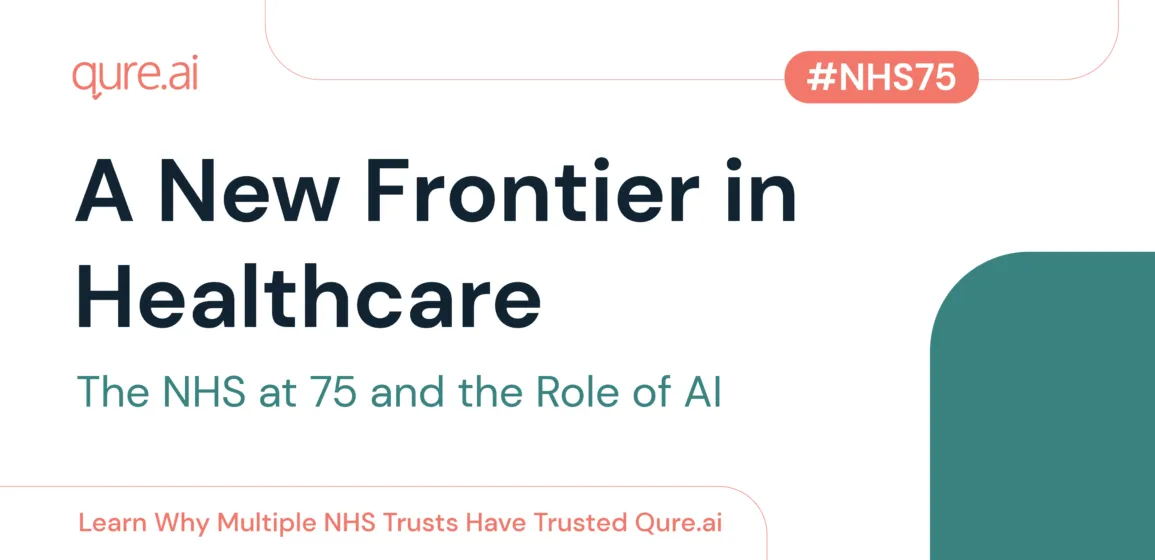As winter knocks at the UK’s door later this year, the dedicated NHS (National Health Service) braces for the onslaught of challenges that accompany the season, carrying much more than a freezing chill. Beyond the dropping mercury, a flurry of concerns bears down upon the NHS, from seasonal illnesses to cold-induced health conditions and a spike in accidents and injuries.
Back
This mix of adversity triggers a ripple effect: increasing hospital footfall, depleting bed availability, and exacerbating wait times. The perennial impact of these winter woes also reaches healthcare personnel, who may find themselves or family members under the weather, thereby stretching NHS resources and workforce even further.
The revered NHS celebrates its 75th anniversary this year. Yet, this moment of celebration is tempered by the thought that approximately 7.4 million individuals currently await treatment across the UK. Amid the more acute cases, the plight of cancer patients is cause for concern.
Despite the volume of patient referrals exceeding pre-pandemic figures, the number of those seen by a specialist within two weeks of an urgent GP referral for suspected cancer continues to fall short of expectations. The NHS’s goal of ensuring 93% of patients are seen within this timeframe has remained unachieved since May 2020, with the figure standing at a mere 77.7% in April 2023.
Exacerbating these challenges, the NHS radiologist workforce found itself under-resourced by around 29% in 2022, a gap that could widen to a daunting 40% by 2027. Together with escalating patient wait times and looming pressures on the healthcare system as we inch closer to year-end, a formidable healthcare tempest appears to be brewing for winter.
But before the cold north winds have a chance to sweep through the UK healthcare system, the government has potentially presented the NHS with the greatest 75th anniversary gift – the greenlight for substantial funding towards the deployment of Artificial Intelligence (AI), offering a glimmer of hope for both clinicians and patients.
In England alone, over 600,000 chest X-rays – a key tool in diagnosing lung cancer, the top cause of cancer-related deaths in the UK – are conducted each month. The bold initiative to incorporate AI solutions for analysing these chest X-rays under the AI Diagnostic Fund represents a significant stride towards progress.
The integration of AI into the NHS’s daily operations promises a host of benefits for lung cancer patients, including:
1. Smoother and more efficient flow of patients through the diagnostic imaging pathway to catch up on backlogs and ease waiting times for screening and symptomatic cases.
2. Promoting early diagnosis, thereby requiring less invasive treatment regimes, reducing treatment costs, and improving life expectancy.
3. Easing system strains by addressing workforce shortfalls.
Of course, the scope of AI solutions extends beyond lung cancer detection. Stroke diagnosis is extremely time-sensitive; the proverbial ‘Golden Hour’ is critical in ensuring better outcomes for patients. And, the NHS has funded the use of AI solutions for stroke as well. Moreover, Frimley Health NHS Foundation Trust has deployed an AI-enabled chest X-ray screening solution to enhance reading efficiency and improve reporting turnaround times. Implementing the AI solution led to a reduction in radiologist workloads by over 58%, which translates to a timesaving of approximately 2 hours daily.
The recently unveiled NHS Long Term Workforce Plan shines a spotlight on ‘Digital and technological innovations’. It proposes that harnessing digital and technological advancements is vital for the healthcare system. Growing evidence supporting AI application raises high hopes, with AI predicted to boost service efficiency, particularly in diagnostic support, administration, predictive health analytics, patient triage, and preventative healthcare. AI is also poised to expedite drug discovery and design through enhanced patient recruitment and data analysis.
As we celebrate the NHS’s 75th anniversary, it is crucial to appreciate the relentless dedication and unwavering commitment that have carried this institution to its current standing. Equally, we should recognise the transformative potential of Artificial Intelligence to shape the NHS’s trajectory in the forthcoming decades. Here’s to the promise of AI, the enduring spirit of the NHS, and to many more years of healthcare excellence, pioneering innovation, and the highest standards of care. May the NHS continue to weather the harshest of winters, guided by the beacon of technological advancement.
